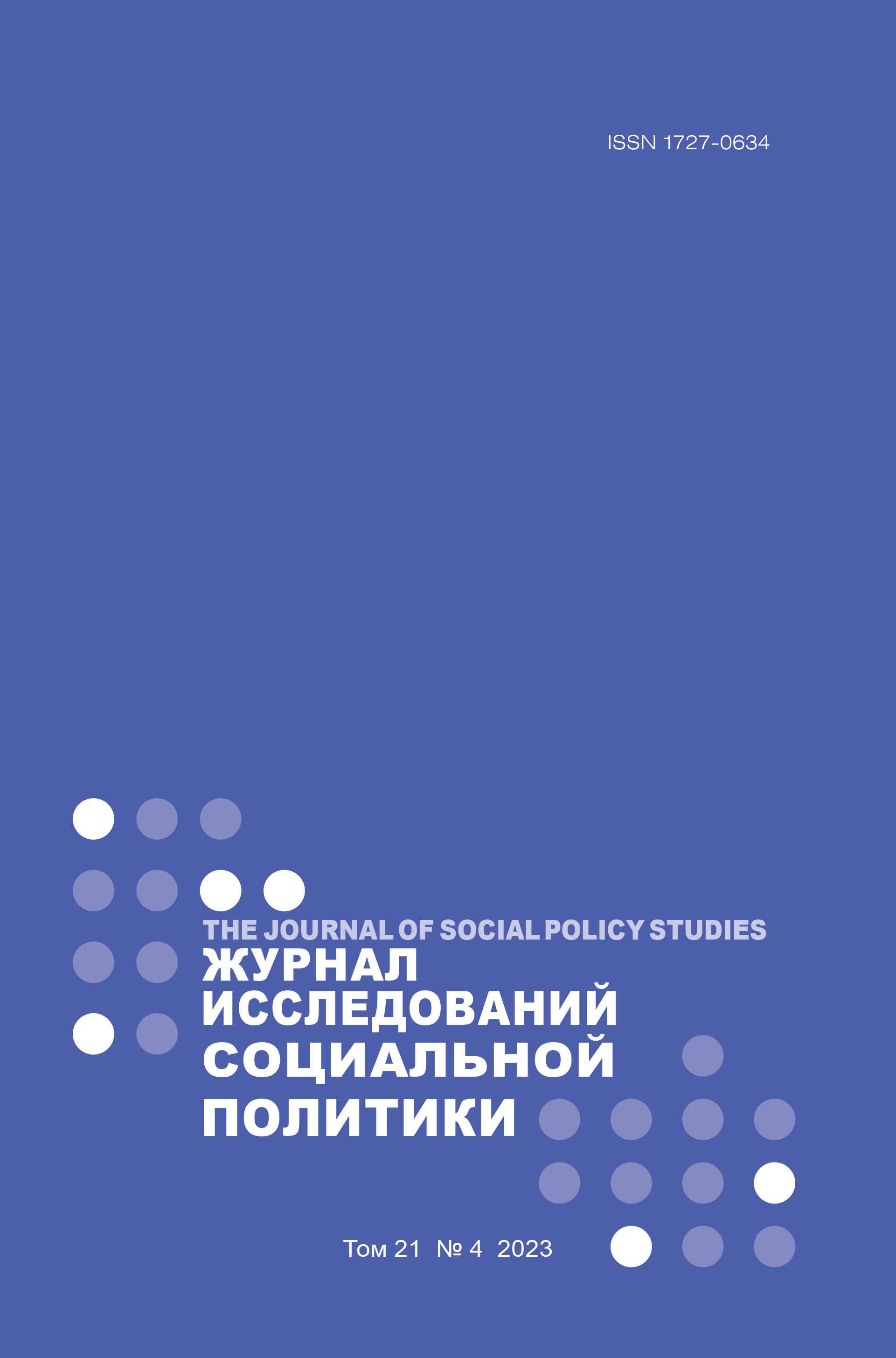Job Retention Schemes during the Coronavirus Crisis: Russia Versus the OECD Countries
Abstract
This paper analyses the Job Retention (JR) programs implemented in Russia in response to the COVID‑19 crisis and compares them with those undertaken in other, mostly OECD, countries. JR schemes allow eligible employers to access financial support to fund labor costs and preserve jobs that might have been terminated during the pandemic. Governments introduced this initiative to protect the income of workers during reduced working time or complete shut-down. We describe the original design of the JR schemes used in Russia and the subsequent adjustments made during the crisis. We discuss the eligibility criteria, the level of support for employees and employers, and the potential risks associated with the programs. Russian JR programs took a special form of lump-sum wage subsidies: funds were provided as loans, but the loans were fully forgiven for most borrowers at the end of the program period. The coverage was limited to a narrow set of the 'most affected' industries while the government-imposed restrictions on business activity affected companies in all sectors. The amount of the loan was not tied to a reduction in earnings or working hours as has been the case in other countries that have used wage subsidies. The key support package was introduced late and did not allow for retroactive claims. In terms of financial rigidity, the Russian JR schemes resemble those implemented in emerging economies with severe fiscal pressures. The maximum amount of support was low and did not provide basic social guarantees for workers. Firms were required to maintain the number of employees, but not the level of compensation. Design flaws may have undermined the effectiveness of the program. On the positive side, we document intensive institutional learning in the implementation phase: the turn towards more free services and the increasing role of the Federal Tax Service as a program operator.















